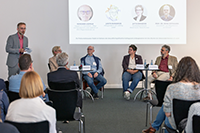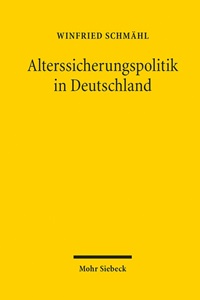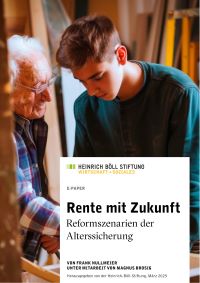
„Wie machen wir die Pflege zukunftssicher?“
Podiumsdiskussion im Rahmen des Gesundheitspolitischen KolloquiumsRund 100 Teilnehmer:innen besuchten die erste Podiumsdiskussion des Gesundheitspolitischen Kolloquiums am 21.05.2025 im Haus der Wissenschaft. Im Zentrum der Diskussion standen drängende Herausforderungen in der Pflege sowie notwendige politische Maßnahmen nach der Bundestagswahl. Organisiert wurde die Veranstaltung in Kooperation mit dem Alumni-Verein der Universität Bremen Read more ...
















